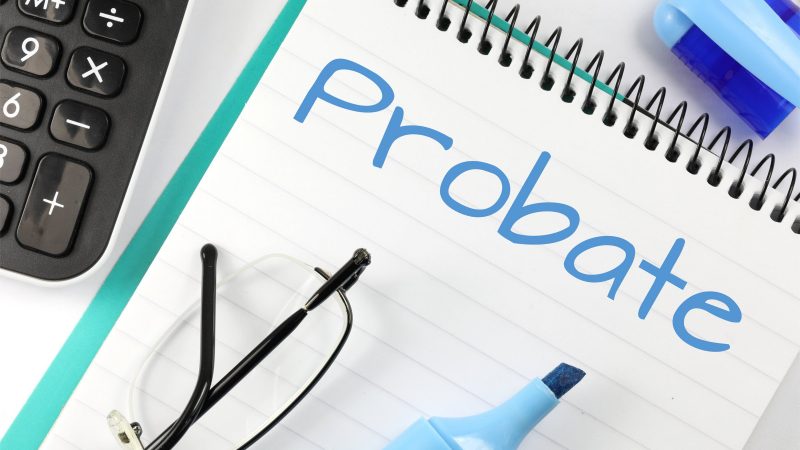
Probate is the legal process for dealing with the estate (the money, property and other assets) of someone who has died. You can find more details in this blog but here we are going to answer another probate question we’re asked a lot; do you have to go through probate if you have a Will?
It’s probably best to start by looking at when you do need probate.
Probate is almost certainly necessary when:
Conversely, there are certain – though limited circumstances – when probate isn’t needed. These include when:
Joint bank accounts will automatically pass to the surviving spouse under the right of survivorship if they produce the death certificate and proof of ID for the bank. These are needed to formally transfer the assets into their sole name, usually without the need for a Grant of Probate is usually not required.
The other reason to obtain a Grant of Probate – even if it is not required for the purpose of realising assets – is that if there are any potential claimants that might want to make a claim on the estate under the inheritance (provision for Family and Dependants) Act 1975, they only have 6 months from the date of the Grant to do so. If you don’t apply for the Grant of Probate, that time limit will be left open-ended.
If the surviving spouse wants to sell their house and they are legally recognised as a ‘joint tenant’ (i.e. this is how the property’s ownership has been specified in the Will) probate isn’t required. However, if the ownership is as ‘tenants in common’, probate will be needed.
This is a very common issue because nearly half of the people in Britain aged over 55 do not have a Will. This means it is highly possible your friend or relative could have passed without leaving a Will.
If this is the case they will be treated as ‘intestate’, literally someone who has died without leaving a Will. In this event the intestacy rules will dictate how their estate will be administered and, ultimately, divided.
The first thing you will need to do is ascertain who is entitled to apply to the probate registry for a grant of letters of administration and then make the required application. This is the legal document that will give the person named in the document the required authority to administer the deceased’s estate as the ‘administrator’.
Although there are naturally variations between how individual estates are administered, generally speaking there is a fairly common order as to who will benefit from the estate:
While this is the order the rules of intestacy will almost certainly follow this order, there could very well be reasons – for example financial need, historic disagreements or a greater affinity with friends than with family – why the deceased would have prioritised this list differently.
If this is likely to be the case, we would strongly suggest you ask us to draft a Will for you to guarantee your estate is divided exactly as you want it to be in the event of your passing.
If this blog has raised any questions or you would like our help with either an existing probate or with writing your Will, please email Deniece.Lines@collinshoy.com.